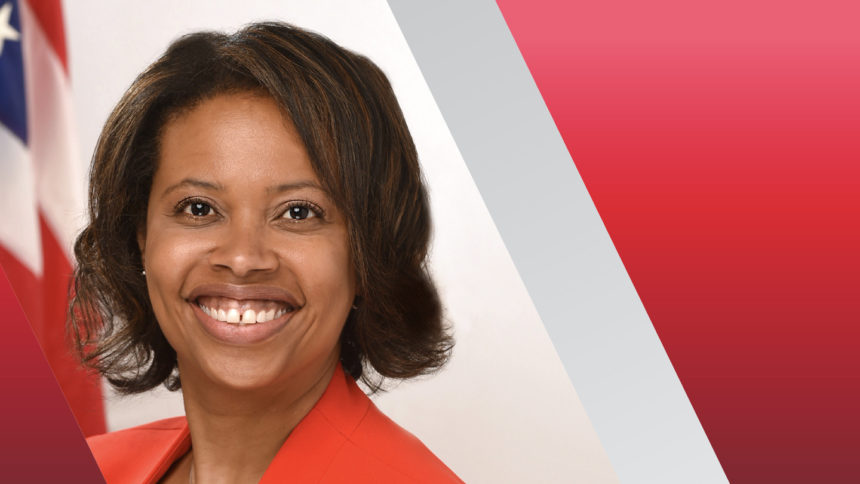
Calling work on nursing home transparency one of her agency’s “particular achievements” of the past few months, a Centers for Medicare & Medicaid Services leader said Tuesday that providers can expect the agency to act on research arising from the latest datasets.
“To enhance the overall nursing home safety and quality and to ensure compliance with the Biden/Harris administration’s executive order on promoting competition, CMS continues to make more data publicly available than ever before,” said Dara Corrigan, deputy CMS administrator and director of the Center for Program Integrity.
“We think by having transparency, it leads to more people thinking about policy issues, and we have better input and can make better decisions.”
In September, CMS posted a second batch of ownership data for about 15,000 nursing homes, adding the ability to identify holding companies and consulting firms to April data that revealed five years’ worth of merger, acquisition and change-in-ownership activity in nursing homes.
“We believe having access to data is the first step, and we look forward to really looking critically at this data and performing analysis that will help us look for answers and solutions to the problems that we find,” Corrigan added.
Her comments came as part of a wide-ranging CMS stakeholder call held Tuesday in conjunction with the start of Medicare open enrollment season. Much of the conversation revolved around behavioral health, value-based payments and other cross-sector strategies the agency is pursuing.

“We have been working hard these past few months to pull all of our levers to advance health equity, expand access, engage partners, drive innovation, protect our program sustainability and foster operational excellence “ CMS Administrator Chaquita Brooks-LaSure said.
“We continue to work to promote strengthening the safety and quality of care at healthcare facilities across the country.”
Lee Fleisher, MD, chief medical officer and director of the agency’s Center for Clinical Standards & Quality, acknowledged the role staff shortages might play in advancing national quality standards and patient safety initiatives.
“We have been actively listening to and engaging with healthcare providers and have heard clearly the concerns and challenges many of you are facing, particularly around staffing, burnout and workforce turnover,” he said. “We know these issues impact patient safety.”
Fleisher said returning to the basics of patient safety in nursing homes meant ensuring that “every nursing home provides a sufficient number of staff who are adequately trained to provide high-quality care.”
He joined a series of other CMS officials who have confirmed that the agency plans to issue its proposed minimum staffing rule in spring of 2023.
Early 2023 also could bring other challenges for nursing homes, especially those that continue to benefit from pandemic-era waivers.
Corrigan said the agency was preparing guidance on sunsetting waivers that would be issued in advance of the end of the public health emergency. The PHE has been extended through January, and many providers remain hopeful for at least one additional extension so that they can continue to benefit from regulatory relief meant to ease administrative and care burdens during COVID-19.
A key coverage is an exception that allows some non-certified nurse aides to work while they await the opportunity to test. CMS granted waivers to 15 states last month; most expire at the PHE’s end.
“We want to minimize disruption following the end of the PHE,” Coorigan said. “We’ve listened to concerns, and we’ll respond as quickly as we possibly can because it’s important to you, and it’s important to us, to be very clear.”




